When I’m longing for something, I’m comforted that God knows every want, every wish lodged deep in my soul When the desires of my heart remain out of reach, I pray the words of the psalmist.
Lord, you have heard the desire of the humble; you will strengthen their hearts. You will listen carefully. Psalm 10:17
Thank You, Lord, that You hear my prayers, that You know the longings of my heart. You not only listen to my words–You see the yearnings that I can’t quite put into sentences. You see past formal prayers and fancy phrases and look deeper into my messy heart where godly desires are jumbled together with hungers for things that won’t satisfy. I get them all mixed up and think I want one thing when I’m really craving something else entirely. My heart contains many disordered loves.
Help me to remember that You listen to the humble. I confess that I often come to You, demanding my way. But I want to enter Your presence simply grateful for the fact that I always have Someone who will listen to my anxieties and doubts, my heartaches and fears. Help me to put them all into Your hands. Deep inside my soul, I know that Your way is always better than I can even imagine. Yet, I often get impatient pushing my timeline on You. I become proud, thinking that my plan is an improvement over Yours.
Strengthen my heart to remember Your power and strength, Your wisdom and knowledge. Give me the tenacity I need to wait for Your timing. Grant me the grace to trust You completely. Pour out Your peace on my cluttered soul.
Thank You, Lord, that You listen carefully. My prayers are not like background noise that you casually overhear. You purposely tune Your attention to the frequency of my heart. Like someone who clears his desk and turns off his cellphone to listen to the person who comes into the room, You devote Your attention to me.
Lord, You listen to my pleas, You see the desires of my heart. Some seem just out of reach. I give all my longings and yearning to You, trusting that You will know what is best.
In Jesus’ name, Amen.







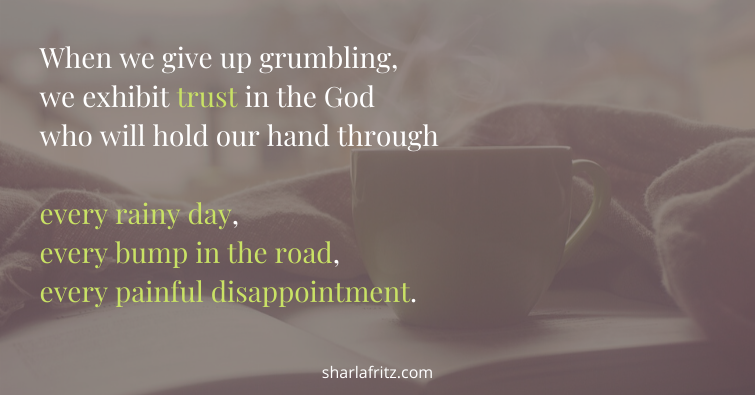


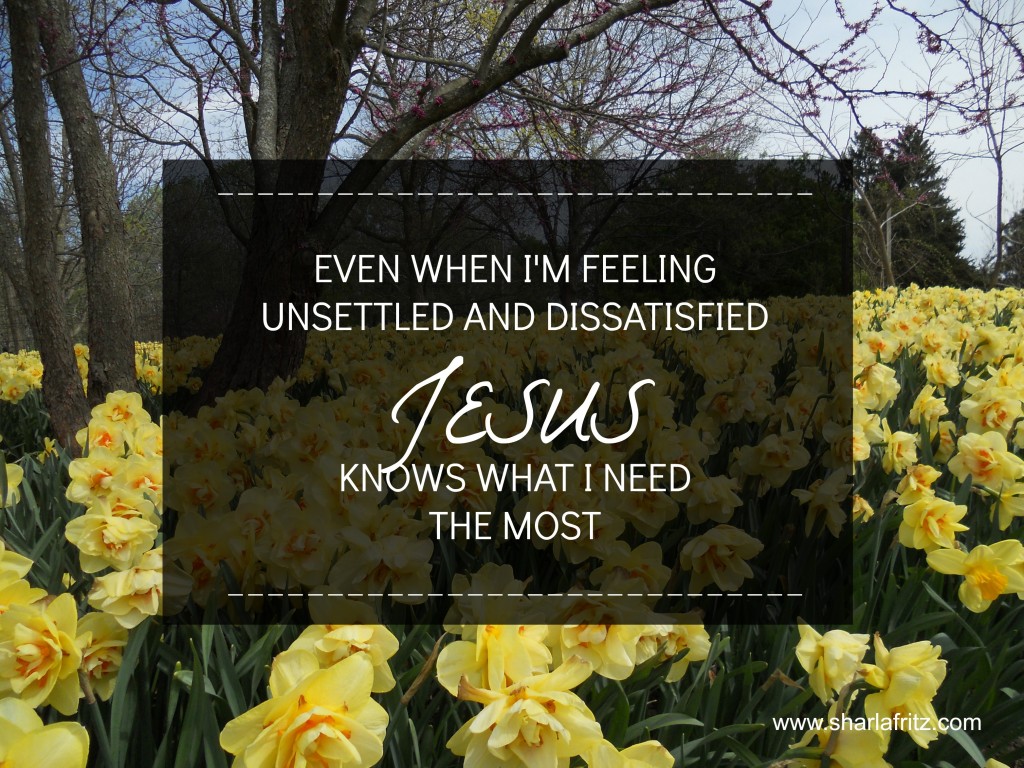








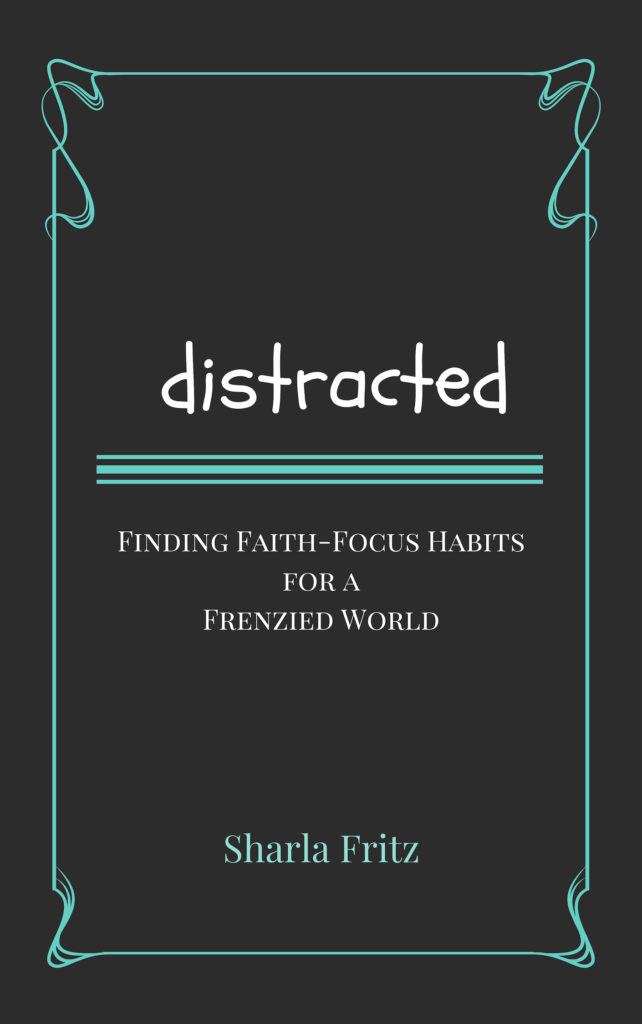

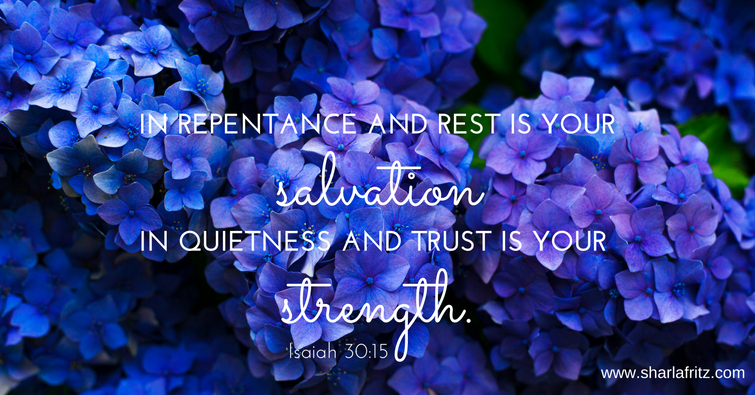



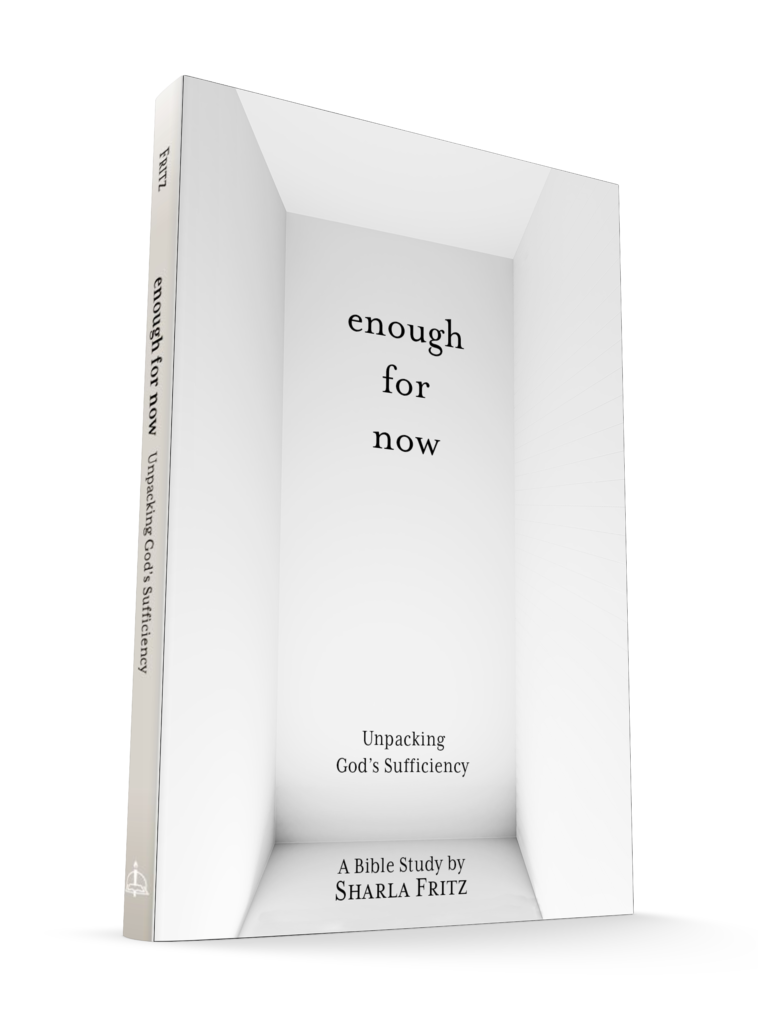



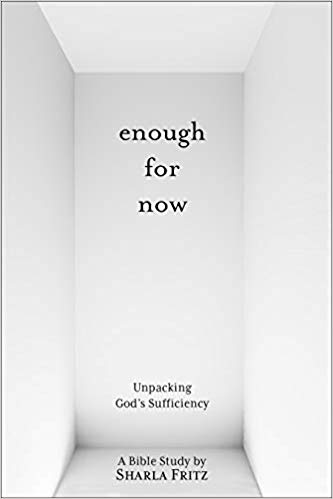

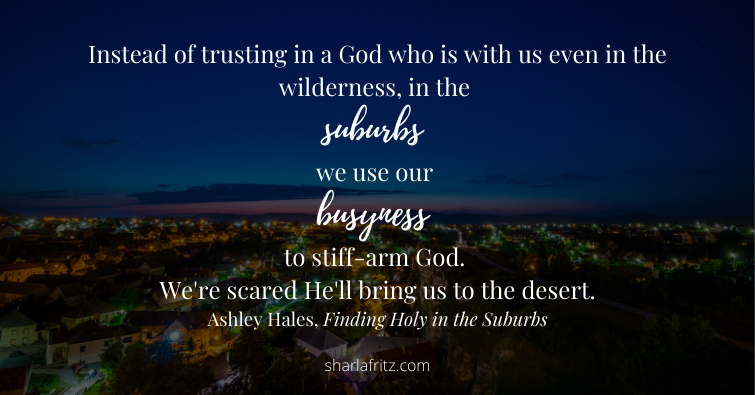
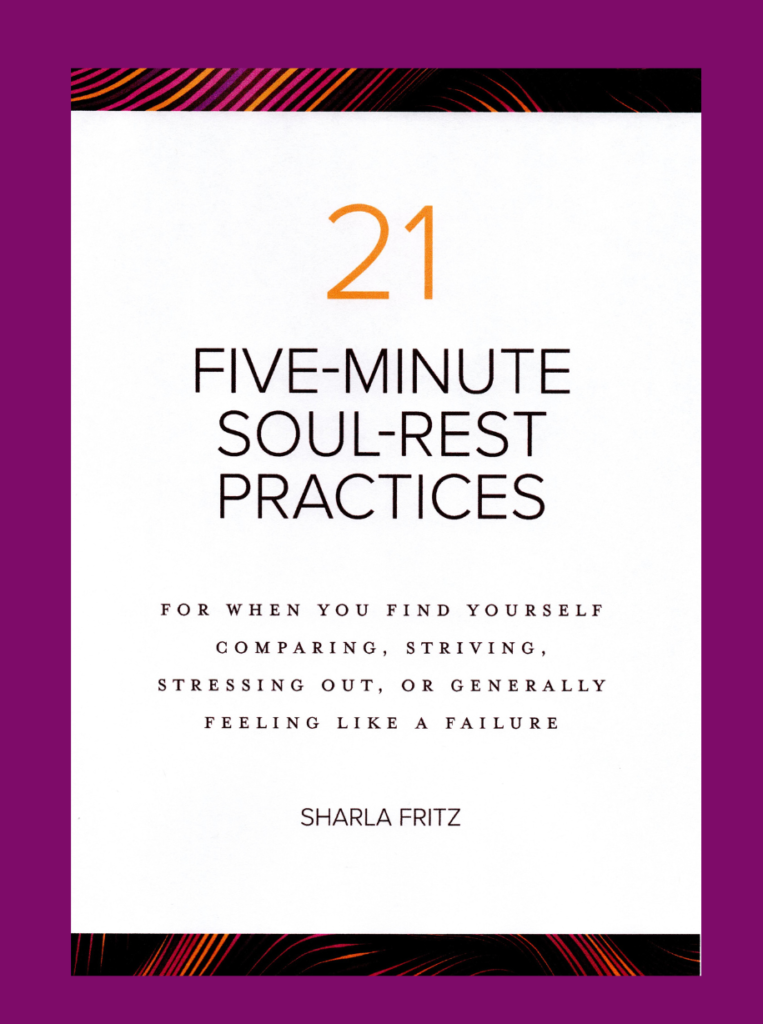
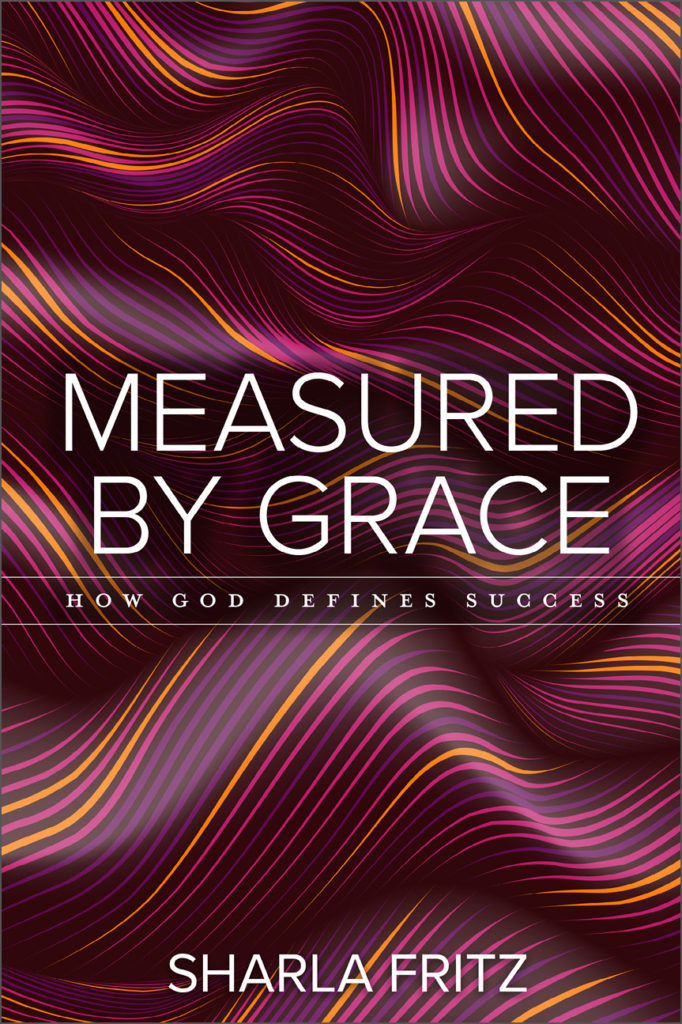

Follow Me!